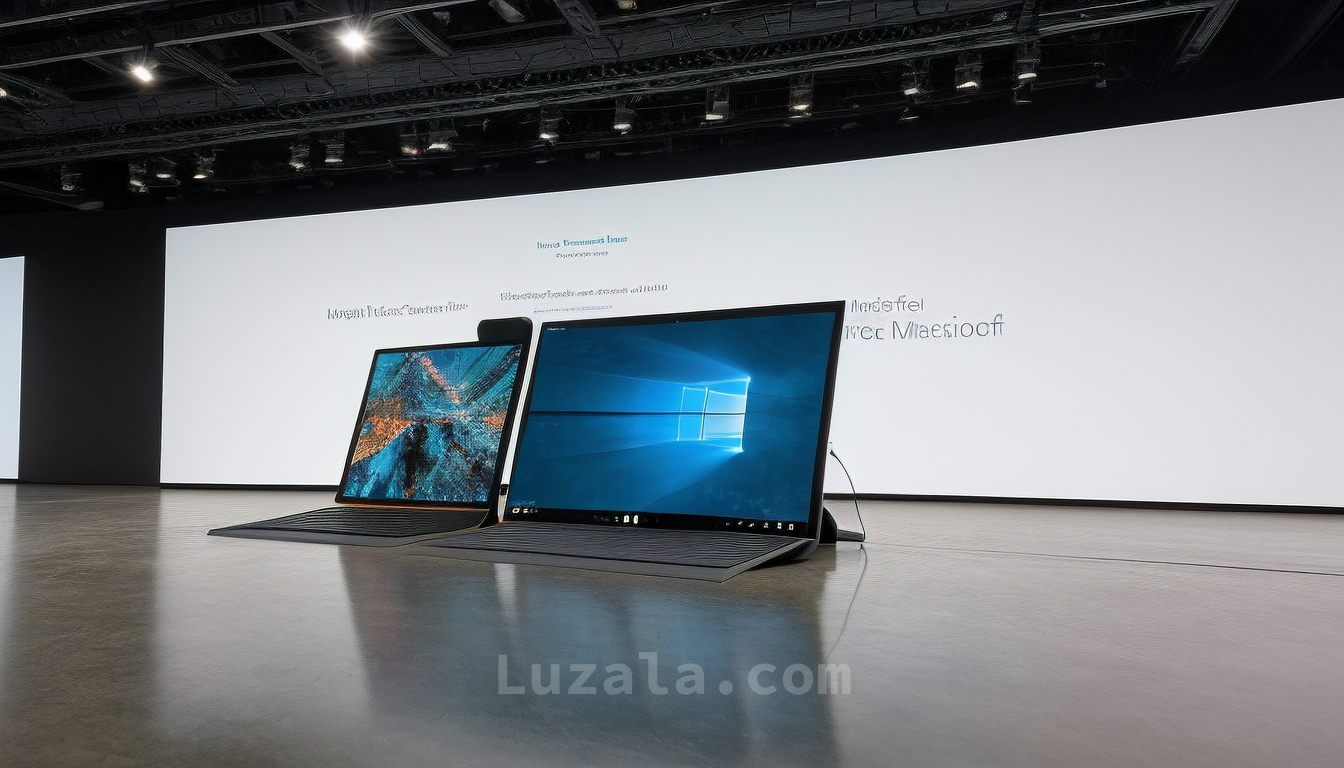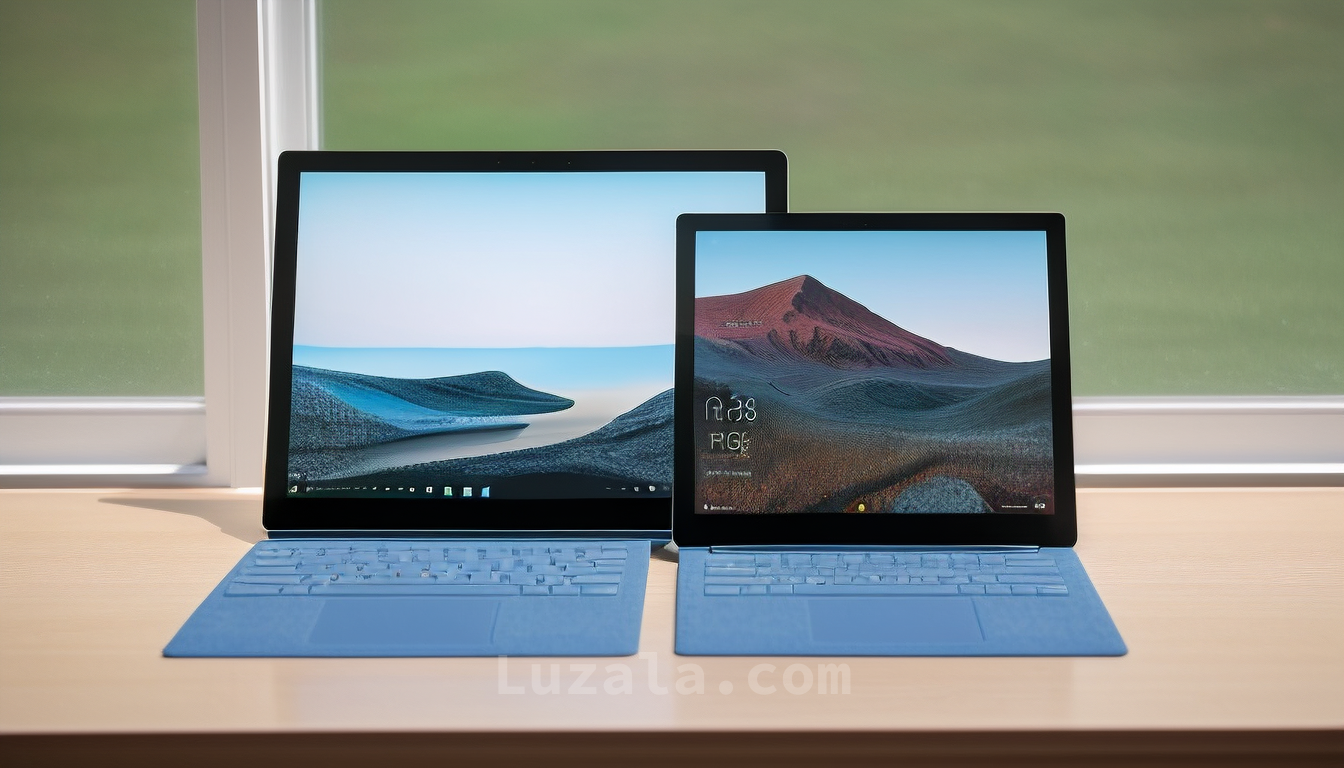AMD Radeon RX 7700 XT Review: A Tale of Sibling Rivalry
The AMD Radeon RX 7700 XT offers strong 1440p performance but struggles against its sibling, the 7800 XT. Pricing is a key issue, with potential for price drops in the future.
Reviewing the AMD Radeon RX 7700 XT: A Familiar Story
When I got my hands on the AMD Radeon RX 7700 XT for testing, it felt like déjà vu. In many ways, it harkens back to the launch of RDNA 3, bringing back memories of sibling rivalry. Like its predecessor, this graphics card finds itself living in the shadow of its more powerful sibling, the AMD Radeon RX 7800 XT. While it offers decent performance and value, it's hard not to compare it to the 7800 XT throughout this review. I'll also throw in some Nvidia GeForce graphics cards for good measure as we explore the landscape of current GPUs in our quest to find the best graphics card options.
The AMD Radeon RX 7700 XT comes with a slightly trimmed-down version of the Navi 32 GPU. It features six fewer stream processors, compute units, and ray accelerators compared to its sibling, which amounts to a 10% reduction in performance. Unfortunately, this reduction in power isn't entirely reflected in the price, which is slightly disappointing. We would have liked to see a better price-to-performance ratio for this card.
Comparing it to its predecessor, the RX 7700 XT shares several similarities with the RDNA 2-based AMD Radeon RX 6700 XT. Both cards are equipped with 12GB of GDDR6 VRAM on a 192-bit bus. However, the RDNA 3 card boasts higher bandwidth thanks to higher clock speeds. While some might have preferred 16GB of VRAM, it's refreshing to see an option with more than 8GB in this price range. The only competitive Nvidia option with this much VRAM is the $600 GeForce RTX 4070.
Although the game and boost clock speeds are slightly lower this time around, the increase in core components makes this a moot point. The RDNA 3 microarchitecture improvements also play a role in enhancing performance. The only minor concern is the higher TBP (Total Board Power) of 245W compared to other cards in the RDNA 3 lineup, like the Radeon RX 7900 XTX. However, this is a minor gripe.
Unlike its fellow family members, the 7700 XT doesn't have a reference design. It's only available from board partners, like the ASUS TUF Gaming example we have for this review.
Before delving into the benchmarks, it's essential to note that I was unable to test the GPU with the AMD Ryzen 7 7800X3D, as I have in all our other GPU reviews. Instead, I've used the AMD Ryzen 9 7900, which should provide comparable frame rates at 1440p and 4K but may not be indicative of this card's performance ceiling at 1080p. We'll aim to update our findings once we're able to retest the graphics card with the 7800X3D.
Our AMD Radeon RX 7700 XT benchmarks include frame rate data for native 1080p, 1440p, and 4K resolutions. In our testing, we recorded metrics using the highest quality preset for each game, toggling between ray tracing and non-ray-traced settings. Each benchmark was run three times to produce an average result.
Here are the specs of our test system:
[Insert Test System Specs]
The AMD Radeon RX 7700 XT delivers on its promise to be a powerful 1440p card. Rasterization performance is notably strong, allowing it to excel at 1080p and stretch its legs even further at 1440p. In most cases, it outperforms the RTX 4060 Ti 8GB, especially at 1440p. However, it's worth noting that at 1080p, the Ryzen 7 7800X3D might close the performance gap. Nevertheless, even without the best gaming CPU, the 7700 XT often competes impressively with or comes close to matching the RTX 4070.
The 1440p performance is where the 7700 XT truly shines, even in Nvidia strongholds like Hitman 3 and Marvel's Guardians of the Galaxy. However, it's challenging to ignore the results from the 7800 XT, which offers an average of 16% more performance for just an extra 11% in cost ($50). The shadow cast by the 7800 XT is felt even more at 4K, where it outperforms the 7700 XT by 15-30% in average frame rates. This uncomfortable truth significantly impacts the value















Comments